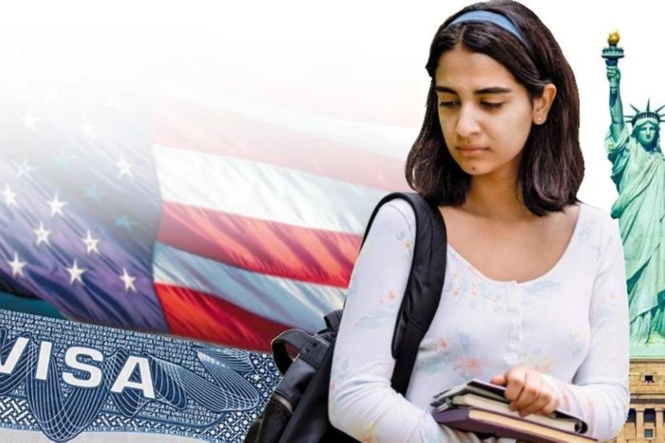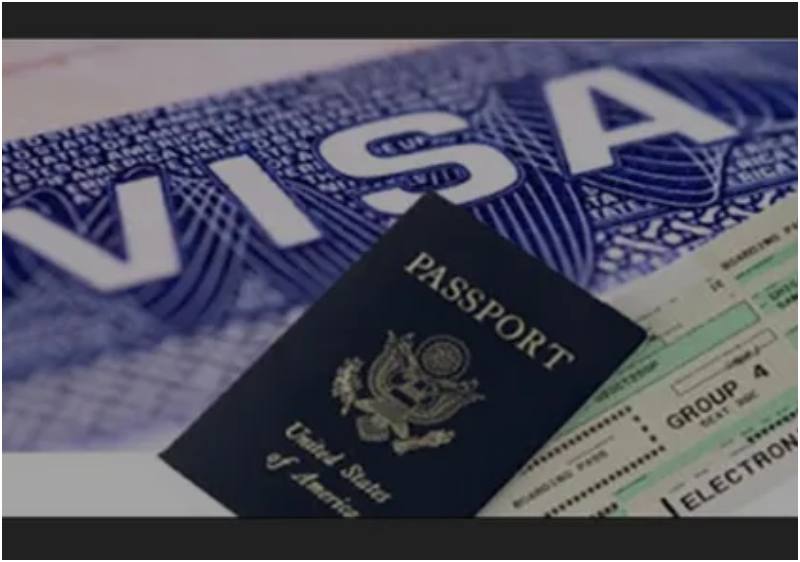The U.S. Department of Homeland Security (DHS) has unveiled a sweeping regulatory proposal that would eliminate the long-standing “Duration of Status” (D/S) admission framework for international students, exchange visitors, and their dependents.
The proposed rule, published in the Federal Register on August 28, 2025, has sparked immediate concern among immigration attorneys, universities, and affected communities.
Currently, individuals holding F-1 student visas, their F-2 dependents, J-1 exchange visitors, J-2 dependents, and I visa holders are admitted under the D/S system. This allows them to remain in the United States as long as they maintain valid program enrollment or lawful status, with no fixed expiration date on their I-94 arrival record.
“Under the DHS proposal, however, these nonimmigrant categories would instead be admitted only until the program end date listed on their Form I-20 or DS-2019, capped at a maximum of four years,” Immigration Attorney, Akua O. Aboagye, has explained.

A thirty-day grace period would follow—shortened from the current sixty days. Students requiring additional time for program extensions, school transfers, academic level changes, or post-completion training would need to file an extension of stay application with U.S. Citizenship and Immigration Services (USCIS) before their admission period expires.
Key Legal Implications
- Unlawful presence calculation: Under current D/S rules, unlawful presence does not begin automatically when a program ends. Instead, it starts only if USCIS determines a violation during a benefit request or if an immigration judge makes such a finding in proceedings. The proposed rule eliminates this protection, causing unlawful presence to begin the day after the admission expiration date unless a timely extension is filed. This could expose students to the three-year or ten-year reentry bars without any adjudicative finding.
- Increased filings and costs: The proposal would require more frequent interaction with USCIS, creating higher legal and filing costs. Students changing graduate programs, advancing to higher academic levels, or engaging in Optional Practical Training (OPT) or Academic Training (AT) would need to file additional applications.
- Graduate program restrictions: Certain changes to advanced study programs could be limited, raising concerns about flexibility for students pursuing multi-year or interdisciplinary academic pathways.
Next Steps
The proposal is not yet final.
A 30-day public comment period runs through September 27, 2025, during which schools, students, and the public may submit feedback. DHS will review the comments, prepare a final rule for Office of Management and Budget (OMB) review, and then publish a final regulation with an effective date.
Until that process concludes, the existing D/S framework remains in effect. Immigration attorneys are advising affected students and institutions to monitor developments closely and prepare for potential changes that could significantly alter compliance obligations.

